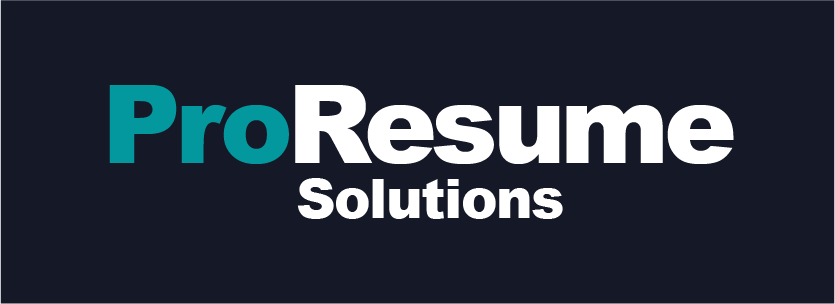You can’t avoid it. It’s going to come up eventually. You’re going to be asked, “What are your salary expectations?” This can be an intimidating question. After all, salary is a sensitive and personal topic. Moreover, you want the job but do you want to sell yourself short by offering too little or seem money motivated by suggesting too much? Is there a tactful way to answer this question? The answer is yes, but before we go over some tips, let’s look at why interviewers ask the question.
Why do employers ask this question?
The employer wants to know how much you want to make.
But they don’t want to pay you too much. If you ask for too little, they might be willing to go higher. If you ask for too much, the employer will be turned off and look for other people who are more realistic about their salary expectations.
Employers need to know how much money they’re going to have to spend on you before they hire you. That’s why they ask this question. They want a sense of what your salary requirements are so they can offer something in that range.
Answering this question well is key if you want to get hired by an employer who pays well, but it can be difficult because there are no rules when it comes to salary negotiation and compensation packages. This means there’s no formula for what salary range is appropriate for each position or industry — there’s just a lot of guesswork involved in figuring out what people are paid at similar companies and what employers expect when negotiating salaries with candidates like yourself.
How to answer ‘what are your salary expectations?’
- Do your research beforehand – You don’t have to spend hours researching the company and its competitors, but if you can take a few minutes to look up information about them online before the interview, it will help you answer this question in a more confident manner.
- Don’t go first – ask about the budget for the position. You could say something like this: “Would it be possible for me to learn about the salary range for this role?”
- Be realistic and honest – know your worth and what you value in work-life balance before you go in. What are your deal breakers? What are you willing to forego if more money is presented? Be honest about what you want out of the job—but don’t say too much. You should base your salary expectations on what other people in similar positions at similar companies earn. If asked how much money you want, don’t say “$80,000” or “Whatever is fair”—these answers aren’t very helpful because they could mean anything from $30K per year all the way up to $200K!
- Give a range, not a specific number – If you do want to give a ballpark figure, start by stating the low end of your range first. This can help you negotiate up. For example, you could say, “My salary expectations range from $60,000 – $80,000 per year depending on the job responsibilities and company culture.”
- Don’t lie about your past salary and don’t reveal your current one – If the interviewer doesn’t ask about your current salary, don’t volunteer it. It’s important to maintain a sense of mystery around this topic so that the company doesn’t get an idea of how much its competitors are paying people similar to you. But if they do ask directly (“What are you making now?”), don’t lie or fudge — just say something like “This job is significantly different from my last one so it’s hard to compare salaries.”
Other Things to Consider
Your benefits package may be just as important as your salary.
When you’re interviewing for a new job, it’s important to understand the benefits package that comes with it. Benefits can make up as much as 40% of your total compensation package, so it’s important to know how they are calculated and what they include before you make any decisions about salary negotiations.
Benefits may include:
Health insurance (health savings accounts or HSA)
Dental insurance (dental savings accounts or DSA)
Retirement plan options (401(k), 403(b), 457 or Roth IRA)
Life insurance (term life insurance)
Disability insurance
Push for more time if you need it.
You don’t have to answer this question immediately. If you haven’t done enough research yet, push back by saying something like “I’ve been thinking about it and I’ll get back to you on that.” Remember that a good rule of thumb is to have your base salary fall within five percent of what other people in similar positions are earning at that company.
Remember, you can always negotiate.
Before going on the interview, you should identify your “walkaway” point — that is, the lowest amount of money you would accept if offered a job. This will help determine how much negotiating room you have with your prospective employer.
Takeaway
Companies will ask what your salary expectations are, not to trick you, but to know how much they can afford to pay you. That said, given the information and opportunities available, they want to know if you’re worth it. If your expectations are too high, you might be out of their range. If your expectations are too low, then they’ll question if you understand how much experience and talent is required for the job. In other words, it can be a lose-lose situation. The best way to handle the salary discussion is proactively: Look at job descriptions from companies you’d like to work for and determine what range you think would be fair for someone with your experience applying for that specific job. You should pay attention to their market value and try getting what you truly deserve for your skillset and experience level. As long as your expectations are realistic, there’s no shame in communicating that this is what you are looking for and why.
Need an expertly written resume/CV?
Recommended
What You Can Learn From an Informational Interview


Leave a Reply